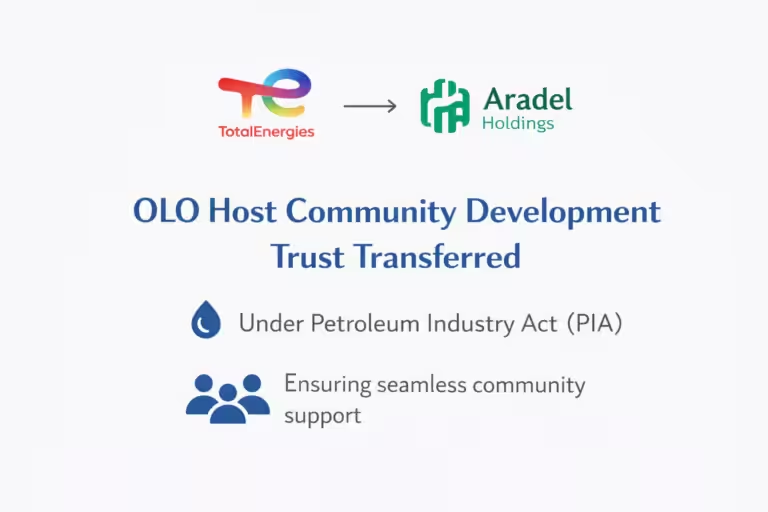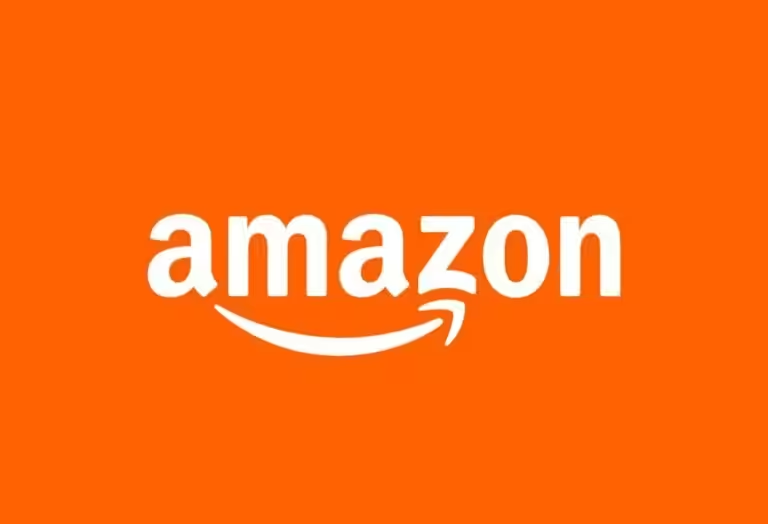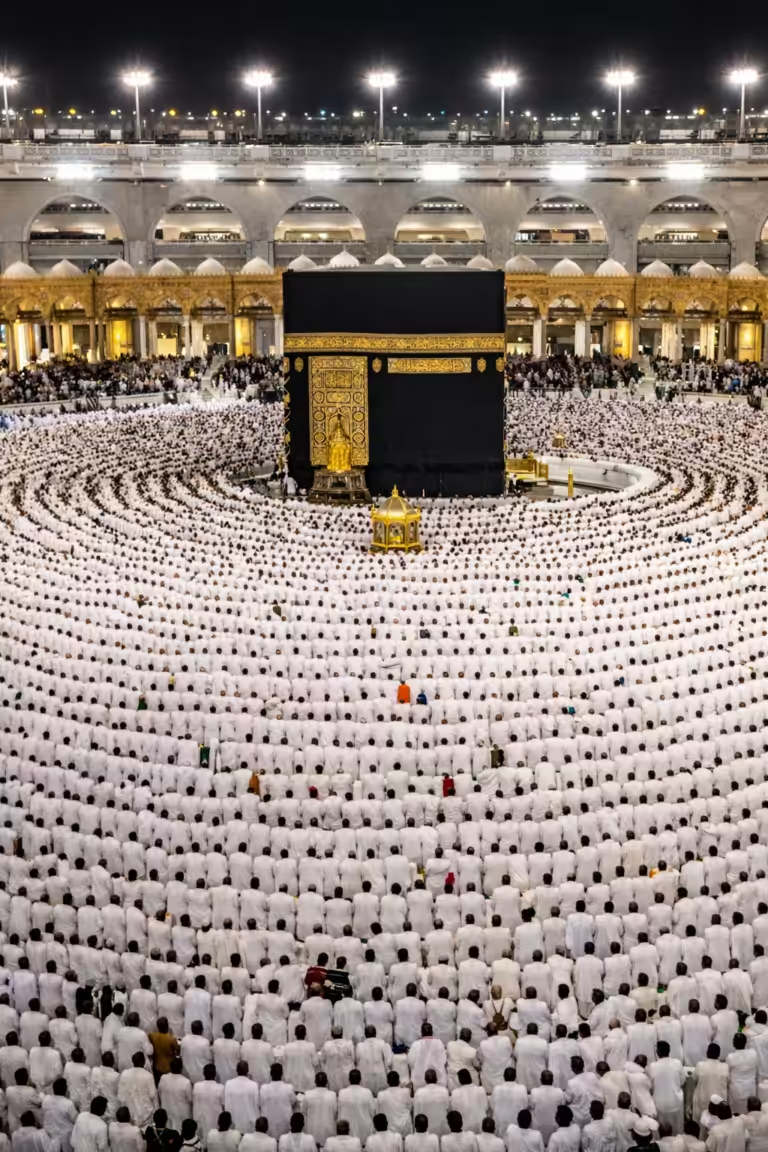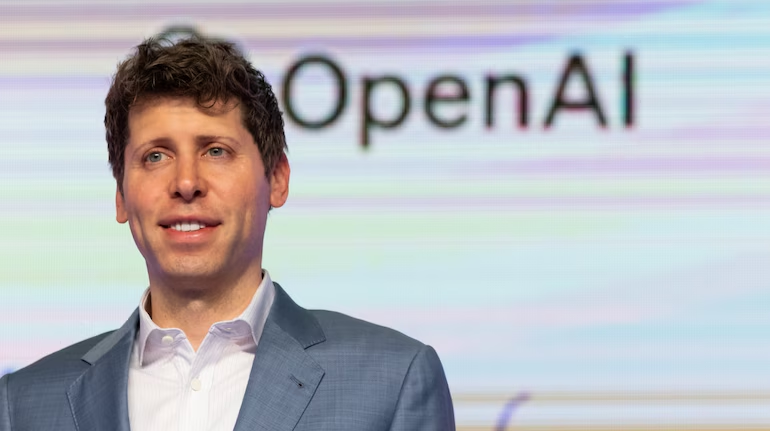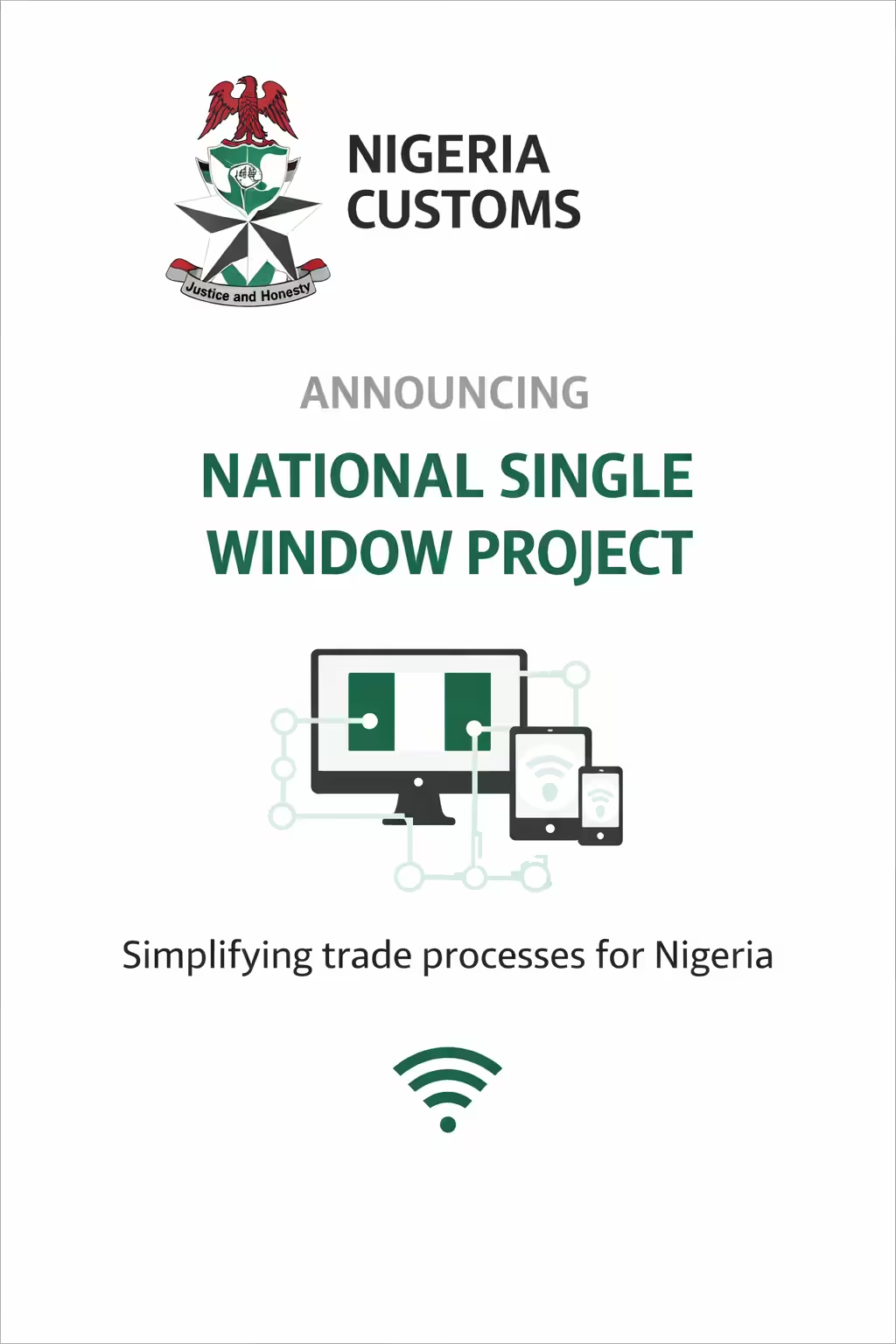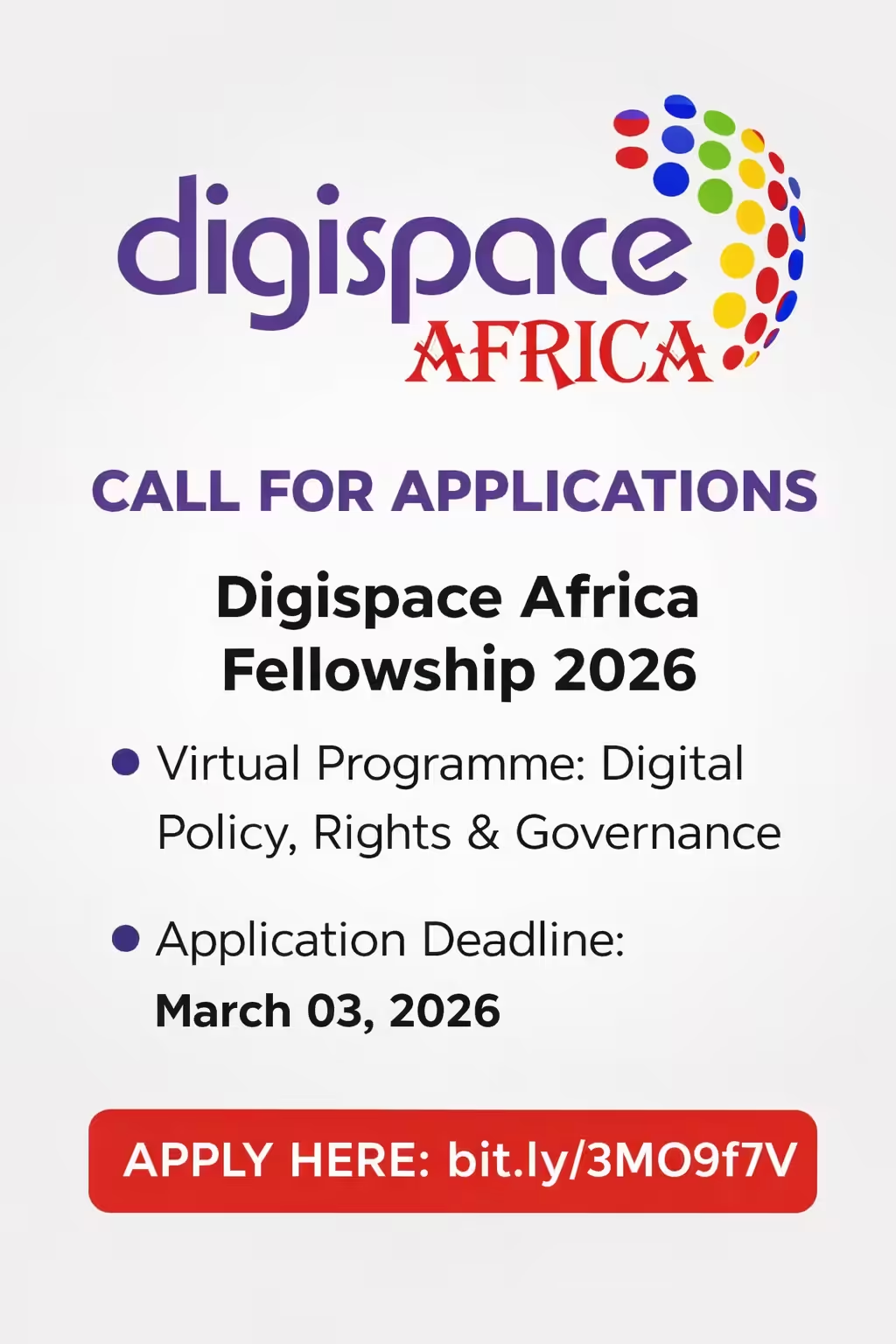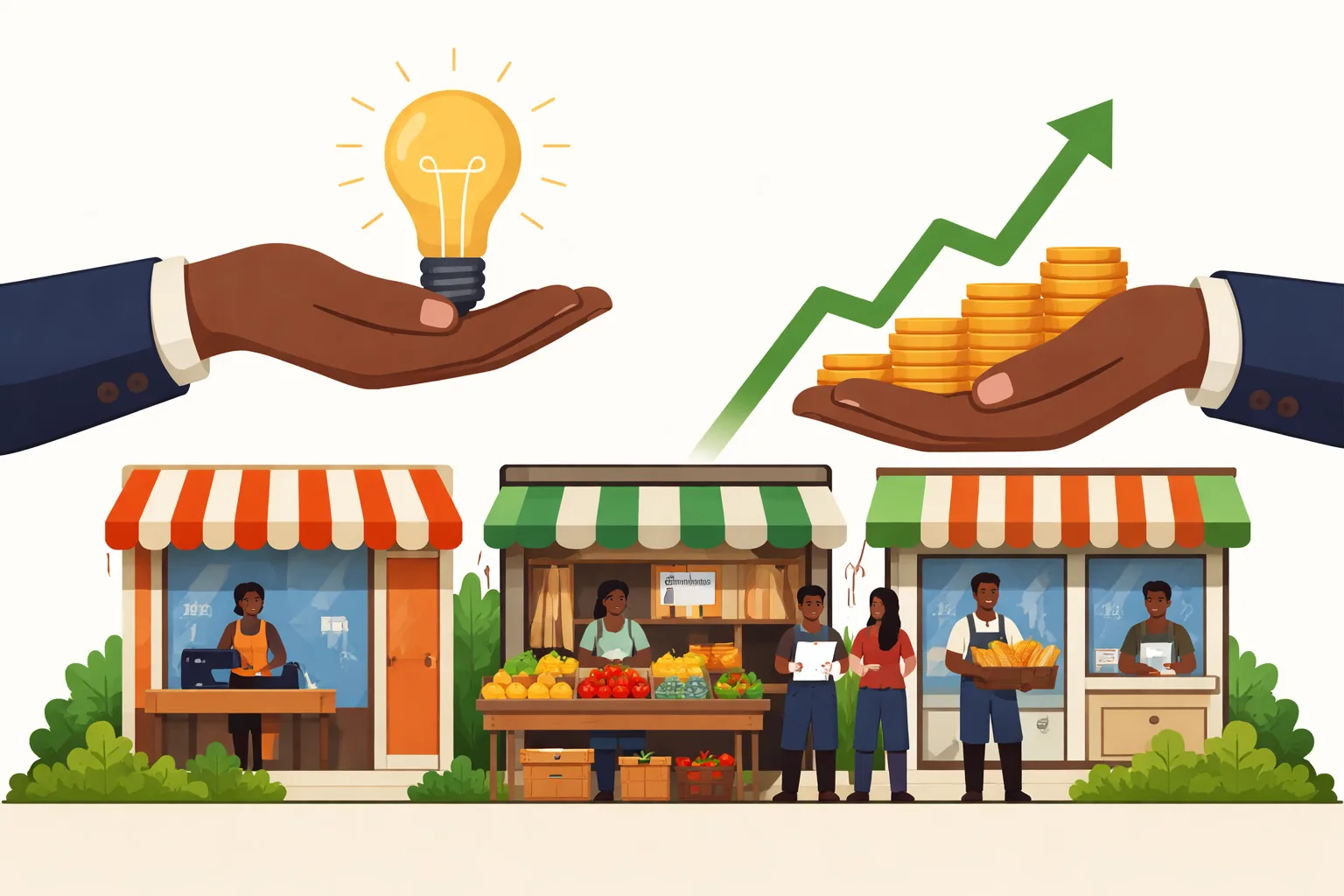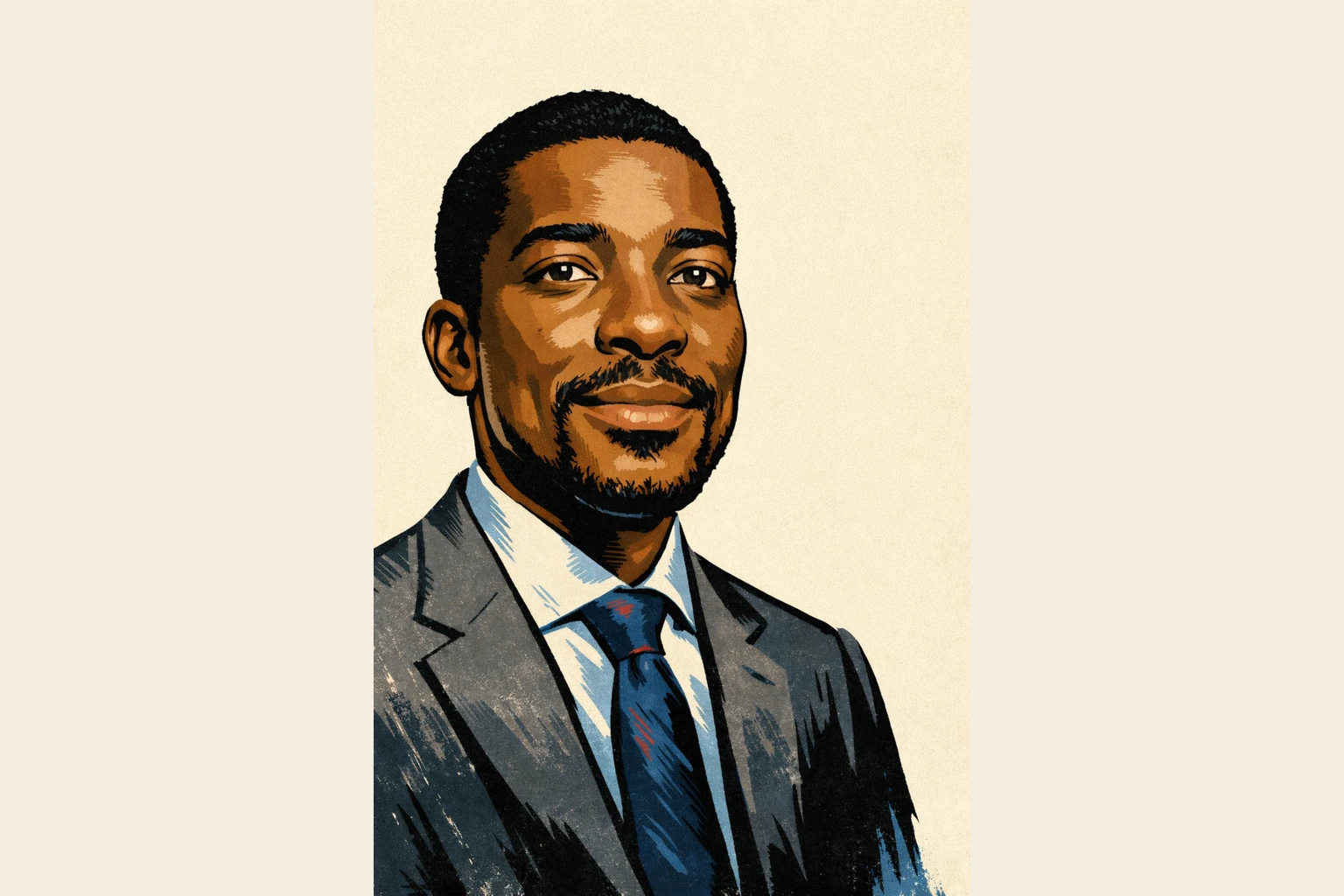The global halal economy has been projected to reach $7.7 trillion by 2025. It had only stood at $3.2 trillion in 2015. The exponential growth of the Halal economy has led to nations seeking to key into the economy, with Nigeria not left behind.
Recognizing this growth and its inherent opportunities, Vice President Kashim Shettima spoke during the Halal Summit in November 2024.
“For Nigeria to become a hub of opportunities in the global halal economy, we must prioritize our strengths and reassess our weaknesses. Today’s engagement provides a platform for us to collaborate with key international organisations.
“This will allow us to develop a comprehensive halal ecosystem. It will help us agree on strategies that will position Nigeria as a top halal exporter targeting high-value markets.”
What is The Halal Economy?
The Halal Economy refers to the global ecosystem of dealing in goods and services that are permissible under Islamic principles (Halal) and the Sharia law.
The growth of the economy over the years has been attributed to the global Muslim population. It is estimated to be around 2 billion people in 2025. However, the Halal industry has grown beyond Muslims alone. It has become a global market open to investors irrespective of religion.
Key Elements of Halal Economy
Having only centered on Islam-compliant food for a long time, the Halal economy has expanded. It now encompasses areas such as Islamic Finance, Halal Cosmetics and Pharmaceuticals, Halal fashion, Halal Tourism, Halal Media, and Entertainment.
Halal Financing
Islamic financing instruments like the Sukuk bonds and Takaful (Islamic insurance) are gaining popularity today. This is due to the luxury of interest-free loans they afford, among other perks.
Fintech solutions have made halal investment options, which are often much more convenient and easy more accessible to even more people, including non-muslims.
The Islamic or Halal finance prohibits “riba” (interest) or investments in sectors considered Haram. This applies to assets or commodities such as pork products, alcohol, or military equipment.
Unlike conventional bonds that investors can buy in order to receive interest payments, sukuk investors receive partial ownership of a business and then receive profit payments, which are generated over time to ensure sharia compliance.
Halal Cosmetics and Pharmaceuticals
Halal Cosmetics and Pharmaceuticals are products made in compliance with Islamic laws, meaning they do not contain ingredients forbidden (haram) under Sharia, such as alcohol, pork-derived substances, or non-halal animal by-products. They also well in terms of manufacturing and storage.
These population cosmetics include items like makeup, skincare, and personal care products that avoid haram ingredients as well as drugs and supplements produced without non-permissible gelatin or alcohol.
This sector has grown over the years owing to increasing consumer awareness, the rising Muslim middle class, and demand for ethical, safe, and religiously compliant products.
Halal Fashion
Halal fashion is expanding globally in areas dominated by Muslim women who seek modest clothing that aligns with Islamic values. There has also been a growing demand amongst non – Muslims leading to more companies entering the sector.
Halal Tourism
This sector involves travel services that cater to Muslim needs: halal food, prayer spaces, family-friendly environments, and alcohol-free facilities. It is currently popular in countries like Malaysia, Indonesia, Turkey, and the UAE, and increasingly in some other parts of Europe and Asia.
Halal Media
This involves the publication of content aligned with Islamic values. It includes TV, streaming, books, and education.
Regulation of The Halal Economy
The regulation of the halal economy is guided by halal certification. This certification is issued by accredited bodies that inspect and verify products’ compliance with Sharia laws across the supply chain. There are ongoing efforts to unify standards and strengthen consumer trust in Halal products.
International organizations like the Standards and Metrology Institute for Islamic Countries (SMIIC) and the Gulf Standardization Organization (GSO) help harmonize halal standards globally. Other countries with significant Muslim populations often have dedicated halal regulatory authorities overseeing certification processes and setting national halal standards. These include JAKIM in Malaysia, BPJPH in Indonesia, SANHA of South Africa, and ESMA in the UAE.
Opportunities For Nigeria
Nigeria’s population is around 237 million, according to unofficial figures. The significant Muslim population, approximately 120 million, makes it fertile ground for the Halal economy. It is surprising, however, that the country is yet to fully utilize the immense opportunities the Halal economy presents.
The country is warming up to Islamic finance with banks like Jaiz Bank Plc, Lotus Bank, and TAJBank Limited. Jaiz Bank is offering non-interest banking to Nigerians, with non-Muslims even taking advantage of it. The Nigerian government has also had several Sukuk bond issuance programs since 2017, raising over N1.4 trillion to support developmental efforts.
Other sectors of the Halal economy have failed to pick up in Nigeria, despite the numerous potentials embedded therein. As Shettima alluded, there is a need to develop frameworks to create a self-sustaining Halal ecosystem in Nigeria.
For investors, this seemingly religious niche provides an opportunity for profit and growth. Nigeria currently has a population with demographics that make it a bedrock of opportunities for willing investors in the Halal economy.
With Nigeria’s significant Islamic population, there is a willing market and a growing demand for Halal-certified products, from food to cosmetics to finance, Fashion, and travel.
As the Nigerian government seeks to transform the country into an export-driven economy, the Global Halal ecosystem provides an opportunity to achieve that. A key focus is on fully Nigerian products, especially in Agriculture, Cosmetics, Fashion, etc.
There is however the need for the government to provide a good regulatory framework for this to happen, else Nigeria is bound to miss out on the opportunity to use the $7 trillion Halal economy as a launchpad to global economic prominence.











